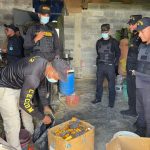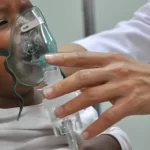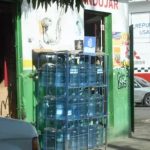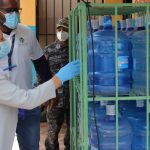Haitian and Dominican Customs officers receive joint training on transnational crime and corruption

December 15, 2016. Twenty customs officers from Haiti and theDominican Republic have strengthened their trade facilitation capacityfollowing a 2-week training programme on “Techniques to fight againsttransnational fiscal crimes and corruption” imparted by the Scuola di PoliziaTributaria (Tax Police School) of the Guardia di Finanza in Rome, Italy, on 21November – 2 December, 2016.
The activity was undertaken within theframework of the Haiti-Dominican Republic Bi-National Programme, TradeComponent, implemented by Caribbean Export and funded by the European Unionunder the 10th European Development Fund (EDF). Additionally, the UnitedNations Stabilization Mission in Haiti (MINUSTAH) joined efforts in thecoordination of the training programme.
Cross-border crimes are a common threatfor both Haiti and the Dominican Republic resulting in the need for thistraining to help combat such crimes. Joint training of this nature ensures bothsides of the border are skilled at identifying possible threats thus temperingthe impact of illicit financial activities such as corruption, money launderingand transnational organized crime.
During the graduation ceremony, held on2 December, Mr. Victor H. Saint-Louis and Mr. Enrique Ramirez, GeneralDirectors of the customs organizations of Haiti the Dominican Republic,respectively, stressed the importance of increasing joint initiatives such asthis, along with other high level representatives including Gen.D. Giancarlo C.Pezzuto, Commander of the Scuola di Polizia Tributaria. The event was alsoattended by Mr. Sparte Odera, Caribbean Export Board Member; Mr. EscipionOliveira, Deputy Executive Director of Caribbean Export; Mr. Rocco Messina,Head of Border Management Unit of MINUSTAH; as well as diplomatic members andother school and customs officers.
Continuous training with the the Scuoladi Polizia Tributaria, an OECD recognised International Academy, was discussedto promote possible legislative changes to combat tax evasion and moneylaundering; enhanced inter-agency and international co-operation; and greatercapacity to fight illicit flows. These programmes have been identified to meetthe need for further cooperation against financial crimes at the internationallevel.

















